 Facebook- Paint Memphis
Facebook- Paint Memphis
A Paint Memphis mural
The Memphis City Council is looking to streamline the public art process here, ending what one councilman calls a “public art debacle.”
Tuesday, a council committee recommended approval of a set of guidelines that would place regulations on the art projects that go up in the city on public property.
The effort, spearheaded by Councilman Berlin Boyd, city officials, and the UrbanArts Commission (UAC), has been in the works for about a year.
There has been a moratorium on public art projects since March of last year. The city council voted then to place a 120-day moratorium on art projects going up on public right-of-ways, and then re-approved that measure again late last year.
The moratorium exempted projects funded by the city’s Percent-for-Art program, as well as certain ongoing projects by the Downtown Memphis Commission and the Memphis Medical District Collaborative.
 Paint Memphis
Paint Memphis
Controversial Elvis Presley mural by a Paint Memphis-commissioned artist
It was first put in place after the council publicly criticized one organization’s murals. The council deemed a handful of murals sanctioned by the nonprofit Paint Memphis as offensive and, in some cases, “satanic.”
Some of the less popular murals featured Elvis Presley with a snake coming from his orifices, a cow skull, a dancing skeleton, and a zombie.
Tuesday, the council discussed extending that moratorium for another 120 days until the council is able to finalize and approve the new guidelines.
The draft of the new rules includes guidelines such as no political or religious images, as well as no profanity, obscenity, sexual imagery, nudity, or violence.
“One-of-a-kind artwork” with themes that promote community, civic pride, or other “general positive messages are preferred.”
[pullquote-1]
Additionally, notifications about projects must be posted at the proposed sites, as well as given to adjacent property owners and churches or schools within 500 feet or a 250-foot radius of the site.
Proposed artwork will be evaluated based on its context, structural soundness, public safety, diversity, feasibility, and community support.
A five-member review committee, consisting of a representative from the city’s legal, Public Works, engineering, and parks divisions, as well as a legislative representative, will make the final decision on all new projects.
The committee will hold monthly meetings at which applicants can present project proposals and members of the public can give feedback.
Lauren Kennedy, director of the UAC, said she supports the council’s efforts to get the public more involved in the public art process.
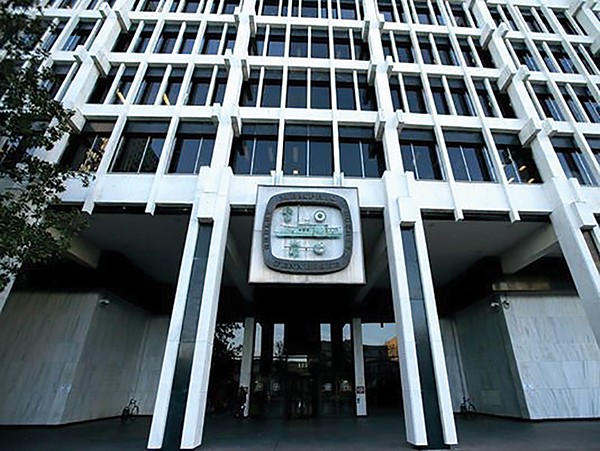
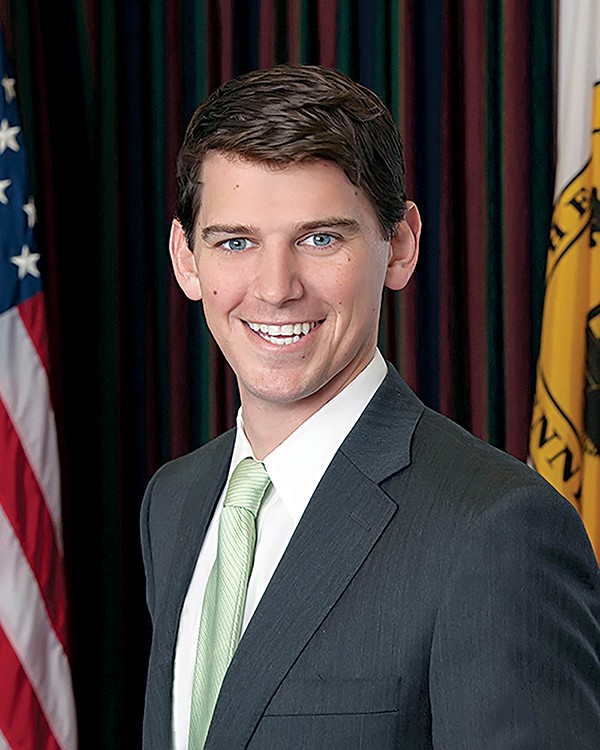
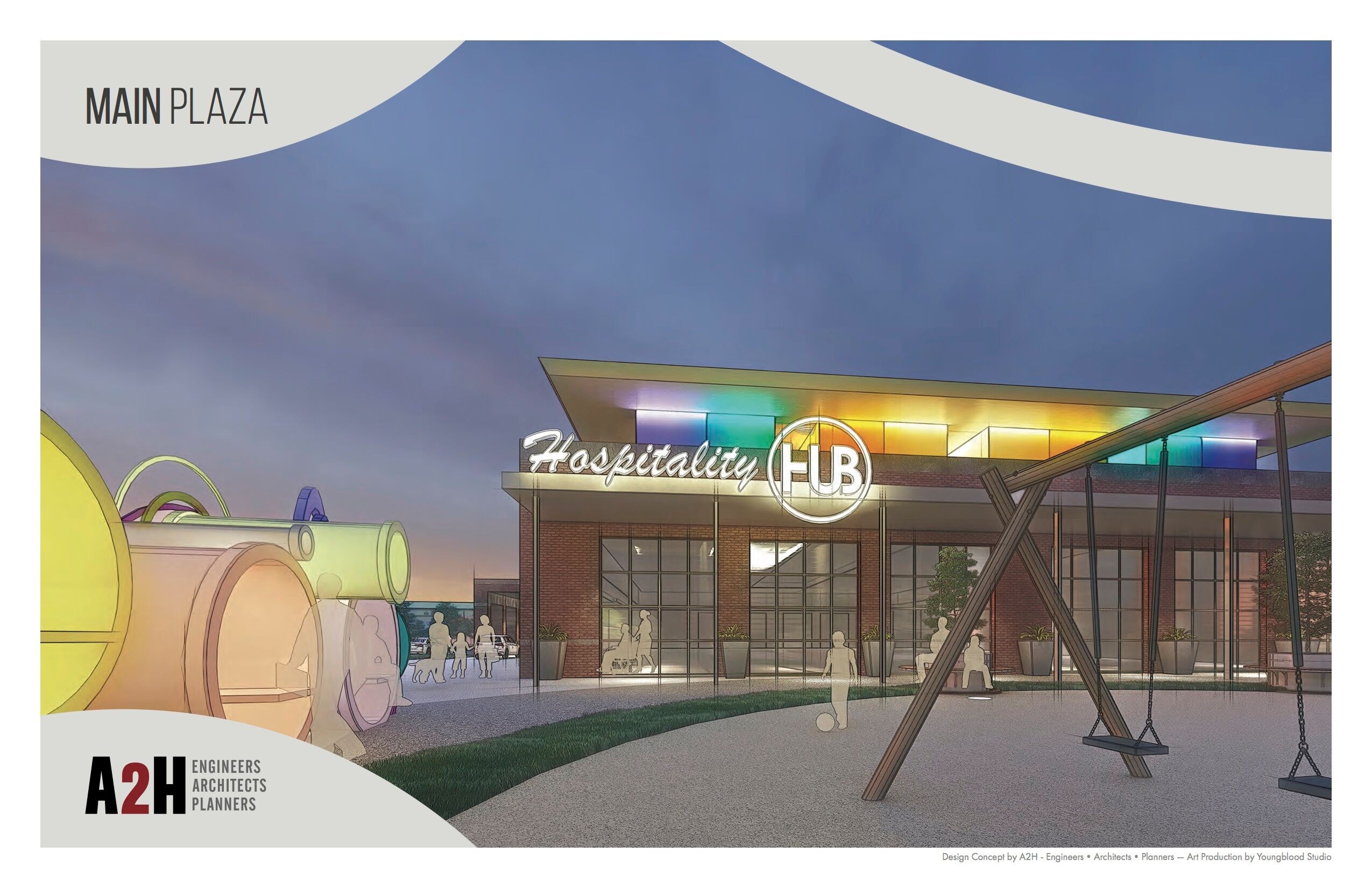 Full Build
Full Build 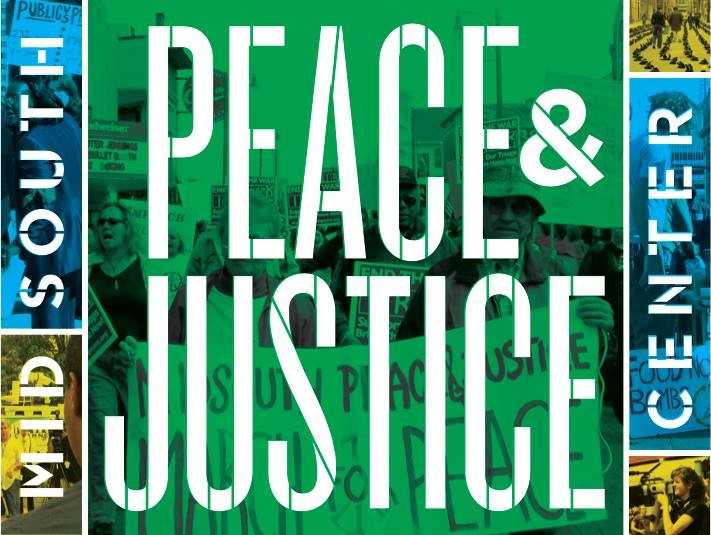 Mid-South Peace and Justice Center
Mid-South Peace and Justice Center  Mid-South Peace and Justice Center
Mid-South Peace and Justice Center  Full Build
Full Build  Full Build
Full Build 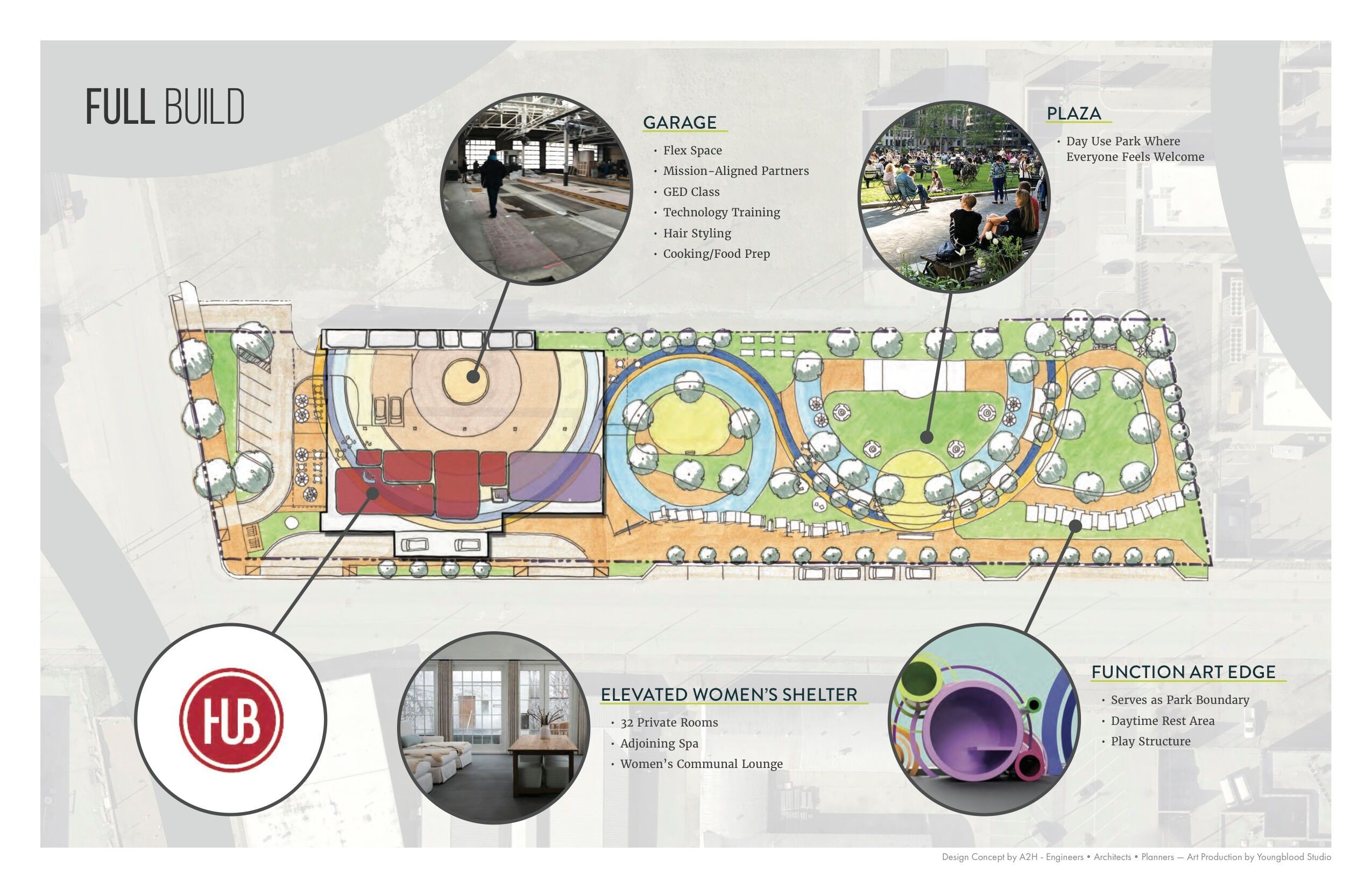 Full Build
Full Build 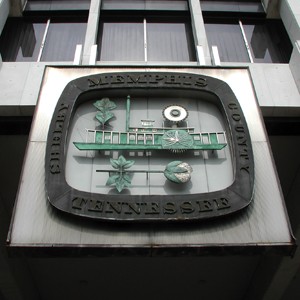
 MLGW
MLGW 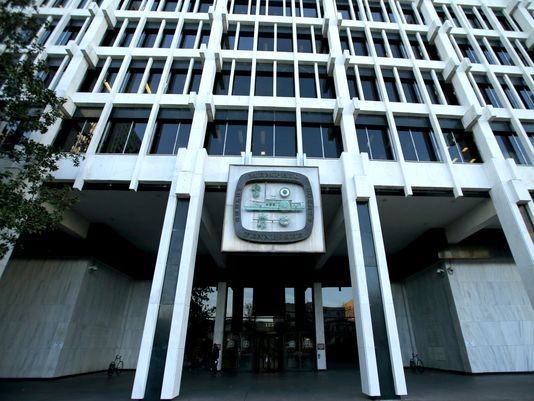
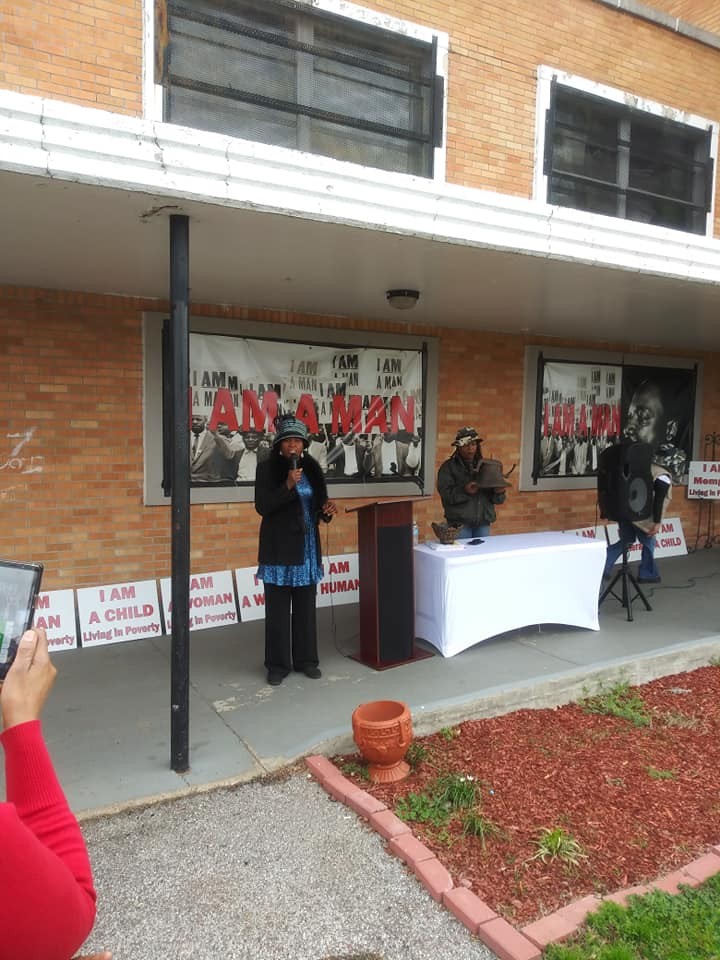 Facebook- Carnita Atwater
Facebook- Carnita Atwater  YMCA
YMCA 
 USGS
USGS